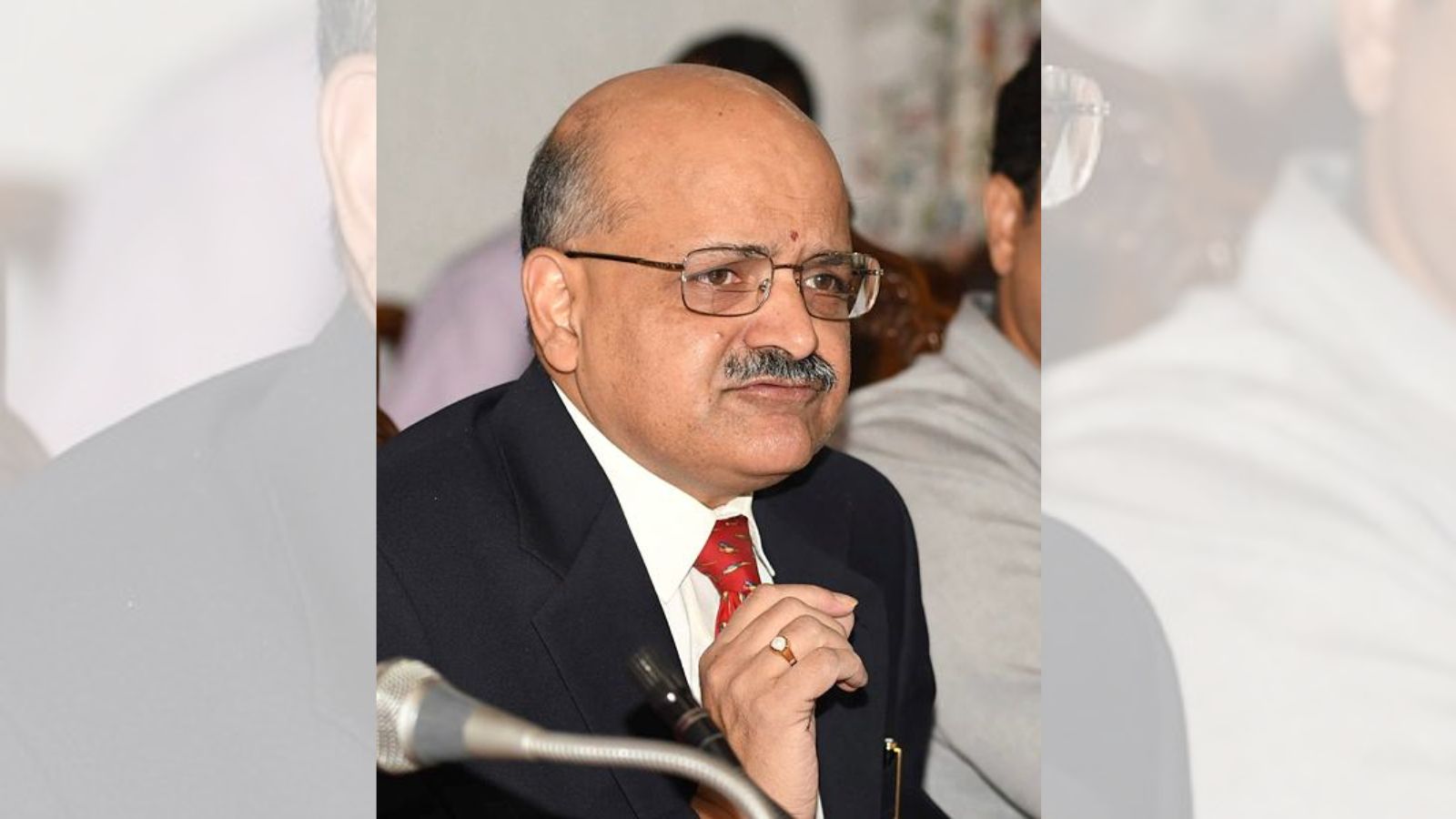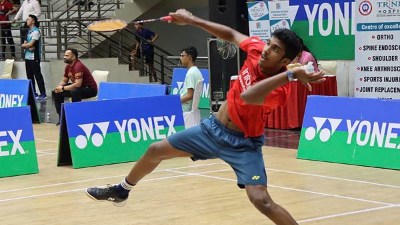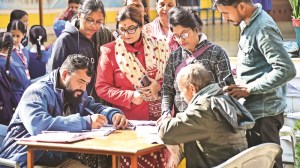INDIA DOES NOT have enough medium-sized firms that can scale into large companies, NITI Aayog CEO BVR Subrahmanyam said Wednesday. At the launch of a new initiative for micro, small, and medium enterprises (MSMEs), he said the segment is most affected by regulation, while technology upgradation and skilling remain key challenges.
“Sometimes when I think of the Indian economy, I worry. We have a large number of large companies. The number of medium companies is smaller than the number of large companies. Then, where is the growth going to come from? It’s an institutional, structural problem,” Subrahmanyam said.

India has approximately 6.18 crore MSMEs, comprising 6.09 crore micro, 7.44 lakh small, and 70,000 medium enterprises, as per the latest Udyam portal data. Udyam is the only government portal for MSME registration.
In 2020, micro enterprises were defined as those with investments up to Rs 1 crore and annual turnover up to Rs 5 crore. The threshold for small enterprises was Rs 10 crore in investment and Rs 50 crore in turnover, while for medium enterprises, it was Rs 50 crore in investment and Rs 250 crore in turnover, respectively.
The Union Budget 2025-26 revised these limits, increasing the investment cap by 2.5 times and the turnover cap by two times.
“If you don’t have enough medium companies, how will you get the large companies? Our country has a problem in converting micro to small, small to medium,” he said.
In 2023-24, 1,835 micro enterprises expanded into medium enterprises, while 15,918 small enterprises transitioned into medium enterprises, according to the MSME ministry.
Story continues below this ad
“It’s not only about laws and regulation, it is actually how you handhold them to become big, and I think Dx-EDGE is a first step in that direction,” Subrahmanyam said. Dx-EDGE, a new initiative by the Confederation of Indian Industry (CII), NITI Frontier Tech Hub, and the All India Council for Technical Education (AICTE), is built on a public–private–academia partnership (PPAP) framework to technologically empower MSMEs for resilience and competitiveness.
For instance, if an entrepreneur needs technology to improve production or management, a local university or college will mentor them, providing the necessary upskilling to enhance their business.
“We have six crore MSMEs. There is no way the government can reach all of them. Even the CII can’t. The only way is with every engineering college, every student in the country reaching out, and in the process, you are actually tackling two problems – helping MSMEs while giving students real-life exposure and experience,” Subrahmanyam said.
He said compared with large companies, MSMEs are most affected by regulation. “A big company can hire a big consultant or an accounting firm to give solutions. MSMEs will get crushed by the weight of regulation. The Prime Minister has taken a major step in deregulation. There’s a massive task force under the Cabinet Secretary and work is going on to rapidly ensure deregulation of land issues, electricity issues, water issues,” the NITI Aayog CEO said.
Story continues below this ad
In addition to regulation, Subrahmanyam also identified technology upgradation and skilling as key problems faced by MSMEs, primarily due to limited R&D investment and inability to afford extensive training for employees. Moreover, the process for obtaining quality certifications – essential for exports – also needs to be streamlined, he said.
According to the NITI Aayog CEO, growth of MSMEs is critical to the Viksit Bharat goal, alongside education and skilling. “Without investing in the growth of MSMEs, to think that you will become a developed economy is a mirage,” he said.
“(MSMEs) are the biggest segment in terms of manufacturing, in terms of exports, in terms of GDP. Everybody pays lip service to MSMEs. But actually, does anybody do much for MSMEs? It’s a very difficult thing,” he said.

































